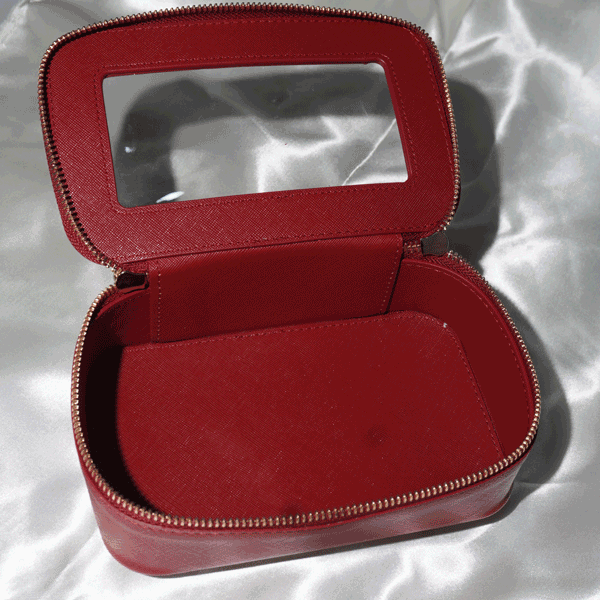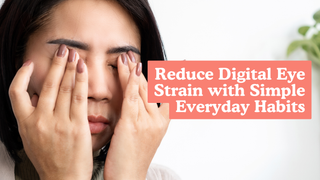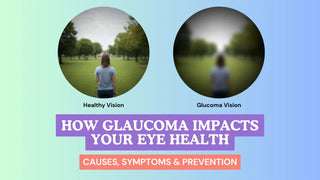Maintaining good vision is essential for our daily lives, yet many overlook the importance of regular eye check-ups. Regular eye exams are crucial for detecting early signs of eye diseases and ensuring overall eye health. This article explores why regular eye check-ups matter, common eye conditions detected during exams, and the benefits of maintaining consistent eye care.
Why Regular Eye Check-Ups Matter
Regular eye check-ups play a vital role in detecting early signs of eye diseases, which, if left untreated, can lead to total or partial vision loss. Early detection through comprehensive eye exams can prevent complications and maintain good vision.
Common Eye Conditions Detected During Check-Ups
Glaucoma
Glaucoma is a condition that damages the optic nerve, often caused by abnormally high pressure in the eye. Early detection through regular check-ups is essential for preventing vision loss and managing the condition with appropriate treatment. The only sure way to diagnose glaucoma is through a comprehensive eye check.
Cataracts
Cataracts are characterized by a clouding of the eye's lens, leading to blurred vision. Regular eye exams can help monitor cataracts and determine the best time for treatment to maintain clear vision.
Macular Degeneration
Macular degeneration is a condition that affects the central part of the retina, leading to vision loss in the center of the visual field. Early detection through eye exams is crucial for managing the condition and preventing severe vision impairment.
Diabetic Retinopathy
Diabetic retinopathy is a complication of diabetes that affects the blood vessels in the retina. Regular eye check-ups are essential for individuals with diabetes to prevent severe vision loss through early detection and management.
Benefits of Regular Eye Exams
Vision Correction
Regular check-ups help ensure your prescription for glasses or contact lenses is up to date. This provides accurate vision correction for daily activities and improves overall quality of life.
Overall Health Monitoring
Eye exams can reveal signs of systemic conditions such as diabetes, hypertension, and some autoimmune diseases like lupus. Regular eye care is essential for overall well-being, as it can detect health issues affecting your eyes and general health.
What to Expect During an Eye Check-Up
Comprehensive Eye Exam
A comprehensive eye exam includes several components:
- Visual Acuity Test: Measures how well you can see at various distances.
- Refraction Test: Determines your glasses or contact lenses prescription.
- Retinal Examination: Examine the back of your eye (retina) for signs of disease.
- Intraocular pressure (IOP) Test: Measuring the pressure inside the eye, as people with high intraocular pressure are more likely to develop glaucoma.
Frequency of Eye Exams
The frequency of eye exams depends on age and risk factors:
- Children: The first exam is at six months, then at three years, and before starting school. After that, every 1-2 years.
- Adults (18-60): Every two years, or more frequently if you wear glasses or contact lenses.
- Seniors (60+): Annually, to monitor for age-related eye conditions.
How to Prepare for an Eye Exam
Preparing for an eye exam ensures you get the most out of your visit:
- Bring Current Eyewear: Bring your glasses or contact lenses to the appointment.
- List Medications: Provide a list of any medications you are taking.
- Note Vision Changes: Mention any vision changes or symptoms you have experienced.
Regular eye check-ups are essential for maintaining good vision and overall health. Comprehensive eye exams can also detect eye conditions early, preventing severe vision loss and improving quality of life. Be proactive about your eye health, and schedule your next eye exam sooner than later.
Visit your eye care professional for a check-up today. Find a qualified optometrist or ophthalmologist in your area and take the first step towards maintaining healthy eyes and clear vision.









